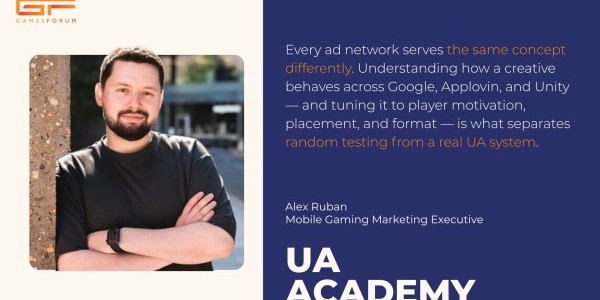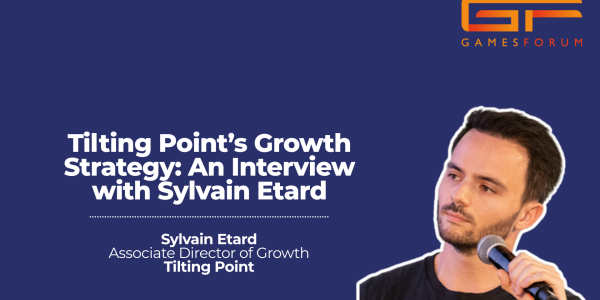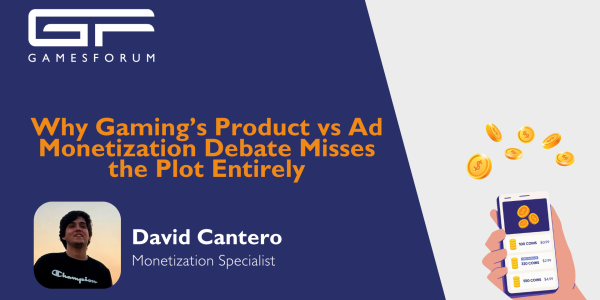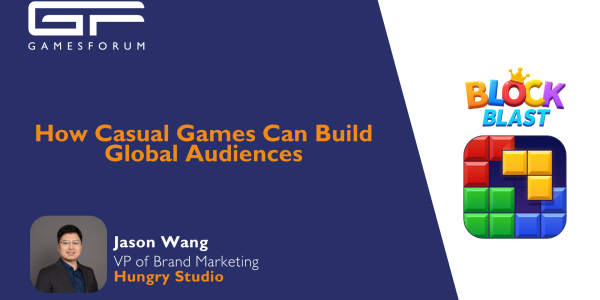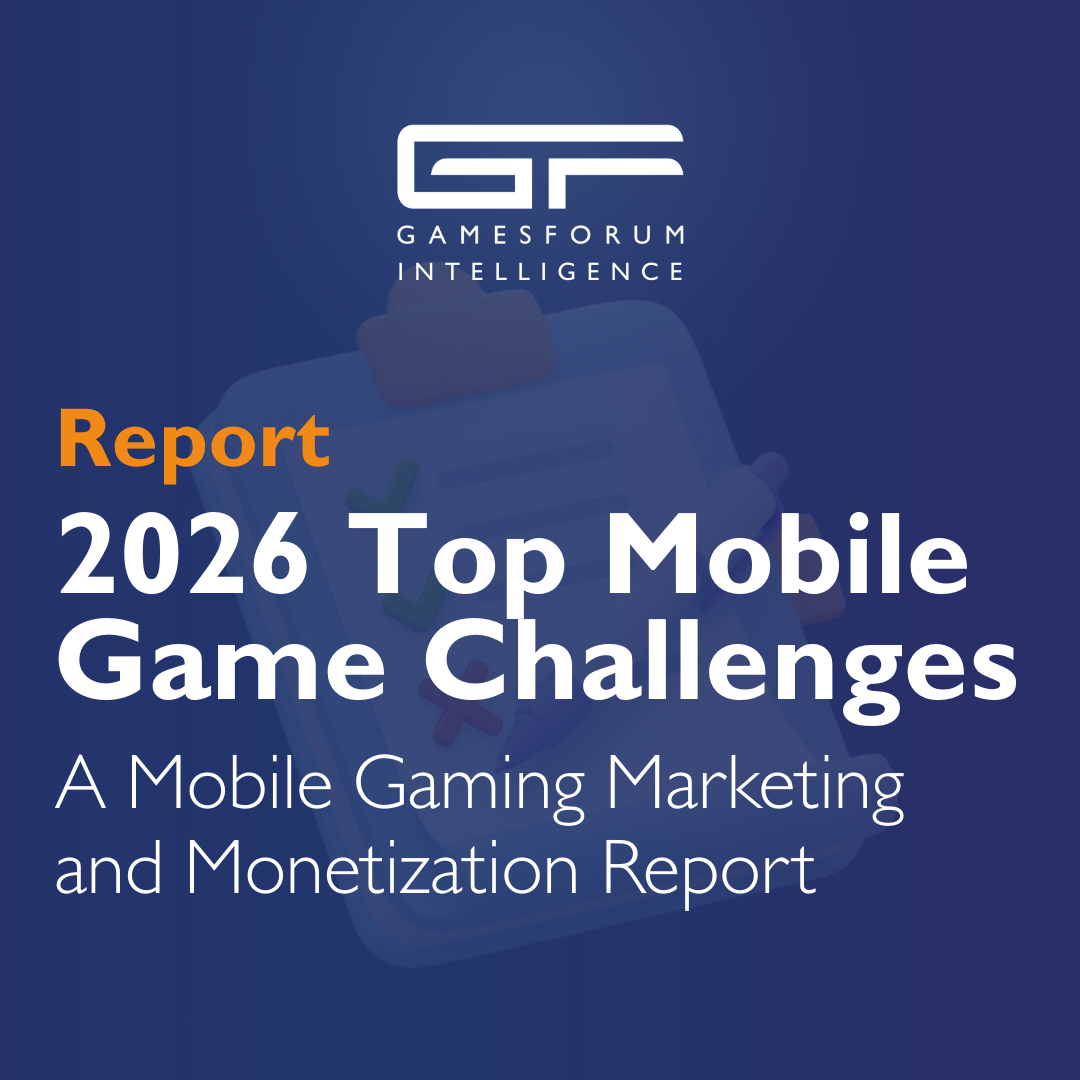Efficient ASO takes patience, resources and data

Ahead of Gamesforum, we spoke with Itai Keshet, Head of ASO at yellowHEAD to talk all things Organic and why ASO should be at the heart of your marketing strategy
Gamesforum: Hi Itai, thanks very much for taking the time to talk to us, can you tell us about your background and day to day role at yellowHEAD?
Itai: Sure. I’m an online marketer with a passion for the psychology behind a user’s behavior and a background in Industrial Engineering and project management. I’ve been a pioneer in the field of ASO and currently I lead the ASO department at yellowHEAD.
In my day to day role, I create organic marketing strategies for yellowHEAD’s partners and constantly think of ways to add value to the ASO methodology through technology, experiments, and research. A key part of my role is keeping in touch with our partners to gain a better understanding of their products and make sure they are satisfied with their organic growth.
Gamesforum: You’ll be speaking on the organic marketing panel at Gameforum Seattle, what’s the number one mistake you see games companies make when it comes to ASO?
Itai: I would say that the most common mistake, when it comes to ASO, is not having a comprehensive and thought-out strategy that should be consistently examined and challenged and that is based on data analysis. Most companies understand the fundamentals of ASO and simply apply them with hope to see results right away. They do so by combining a few keywords in the listings and maybe A/B testing here and there.
The reality is that you need to constantly modify your listings because the keywords that you’ve chosen might underperform. You also need a scheduled A/B testing plan and, most importantly, you should constantly measure and analyze the data. The ASO strategy needs to be re-considered with every version update on both platforms.
The basis of a solid ASO strategy would include, for example, a preliminary analysis to understand the app and its competitive landscape, keyword research, graphics analysis and an A/B testing sequence.
Gamesforum: What is the biggest challenge when it comes to tracking and analyzing ASO results?
Itai: Since we’re talking about organic traffic, there’s no one easy-to-use system behind it, showing the connection between ASO efforts and any kind of organic results.
When tracking ASO results, you will need to look for data within a few different systems and try to make sense out of it. The main systems you’ll need to track are the developer consoles (Google Play and iTunes Connect), an ASO keyword tracking tool such as Mobile Action, AppAnnie or Sensor Tower, and combine a data tracking performance tool such as AppsFlyer.
The biggest challenge is not only combining the data from all of these platforms, but also creating actionable next steps and tying your ASO efforts with the organic results.
Gamesforum: Why do you think games companies tend to overly focus on paid UA at the expense of organic marketing?
Itai: Paid UA is a crucial part of any marketing strategy and should, of course, be included in any growth plan.
The clear benefit of doing paid UA is the level of control over the process. With paid UA you get a system that generates actionable KPIs such as ROI, CPI, CPA and more. This same system allows you to control your budget, but also to better target the users you’re trying to attract.The other benefit is that results are relatively fast.
Organic marketing, by definition, isn’t a short-term campaign or a quick fix. In order to carry out your organic marketing strategy, you’ll need sufficient resources to both implement and measure your progress, as well as the patience to endure slow results and underperforming keywords. I’ve spoken with companies that didn’t see the value in ASO, but that was because they’d never applied it efficiently.
There’s also not enough awareness regarding the incremental ratio of organic installs per paid install and how one complements the other.
Gamesforum: You say that organic and paid marketing strategies impact each other. How so?
Itai: There is more than one way in which paid marketing influences organic marketing, and vice versa. The main way in which paid installs influence organic installs is by influencing the app store’s keyword ranking algorithm. When you launch a paid campaign, your main goal is to get more installs, but also to get more installs in a shorter period of time. When an app gets more installs, it is actually improving its chances to get ranked for better keywords and also to increase top chart rankings. These contribute to increased visibility, which ultimately lead to more organic installs.
Organic marketing impacts paid efforts as well. When a developer decides to do ASO, their goal is to optimize the app’s page in the store. This is done through keyword targeting, A/B testing, localization and more. When you optimize an app’s store page, you’re optimizing not only for organic traffic but for all marketing channels, because all users end up on your app store page. With a proper ASO plan, you will increase conversion and lower CPI costs throughout all marketing channels.
Gamesforum: Developers often view app stores as single entities but how important is localizing your approach across geos?
Itai: This is a big mistake! Localizing allows you to gain points in both your search and your conversion optimization. Both major app stores allow developers to create different store appearances for different countries / markets. This provides an opportunity to improve your search visibility by targeting high-traffic and relevant local keywords, but also to increase conversion by approaching users in their local language and finding the most converting images for a specific geo (based on a/b testing).
If your app is available in app stores worldwide, you’re simply missing out on valuable organic installs if you don’t incorporate proper localization into your marketing strategy.
Gamesforum: What can we expect from yellowHEAD in 2019?
Itai: yellowHEAD is working tirelessly to continuously improve our comprehensive performance marketing solution. Looking forward to 2019, our main focus is the expansion of our creative and tech teams. We’re constantly improving our creative offerings to provide our partners with the best performing graphics with an ever-growing studio of amazing graphic designers and video editors, supported by the implementation of machine learning technology and real-time analysis.
In fact, we’re working on expanding our technological capabilities to support all of our services. We have some of the best minds in the industry on our teams who, based on their experience, identify pain points and create customized solutions to counter them. This is how our unique analytics dashboards and machine learning technology came to be, and we will continue to create more solutions and improve on current ones (spoiler alert – Alison 2.0).
On top of that, we’re also expanding to new territories, with APAC currently being at the forefront of our new market targeting.
Gamesforum: And we can’t let you leave without asking! What games are you playing at the moment?
Itai: I’m a big sports games fan, currently I’m hooked on Football Strike, Score Match and Mad Skills BMX.
Join Itai and fellow panellists from Big Fish Games, Lab Cave Games and Mobile Action on day 1 of Gamesforum Seattle. Discuss how organic marketing can complement paid UA to help developers grow their users. Attend and discover how to optimize your games deliverability.





